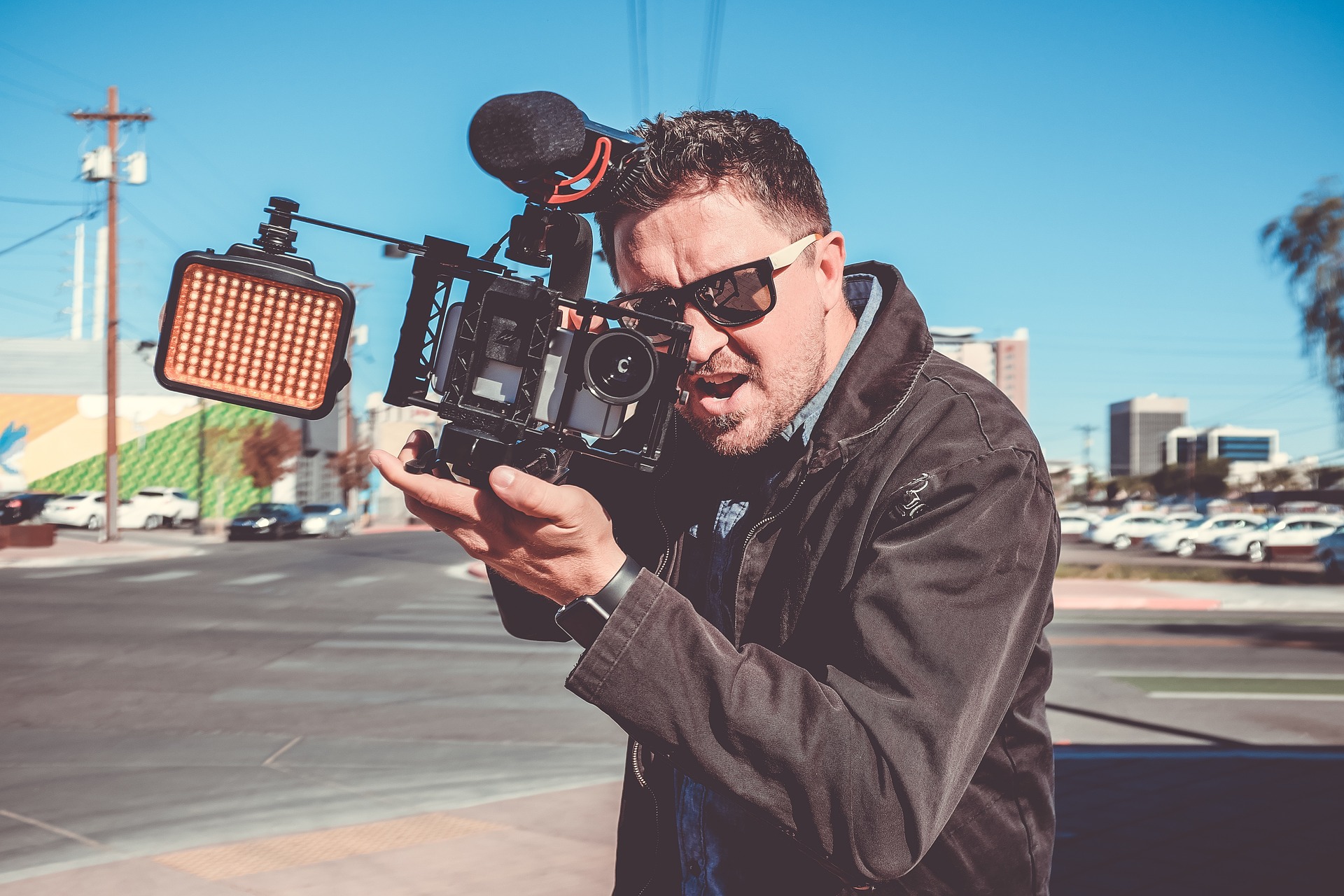Should every production site have its own trained spokesperson?
Tips & tricks for dealing with the press
Most food companies do not have their own communications manager. In a crisis situation, it will usually be the company leader who takes care of an interview. Is this the right call? What happens if you have multiple production sites? Should each location have someone who adresses the press? What happens if the press is at your gate: do you send them away or let them in?
Every week, there are small or larger incidents at production sites. This may be a small fire, an ammonia leak, a work accident, a strike, flooding, hacking, etc. That might catch the attention of the press. All of a sudden, there is a journalist in front of you. He wants to interview the spokesperson. Do you welcome him in or send him away?
Some journalist was sent away several times. He did not travel all the way for nothing and wants you to give him his story. The fact that you send him away strengthens his belief that you have something to hide. So, he will look for his story with the help of visitors leaving your building, employees in the parking lot, disgruntled neighbours, etc.
If a crisis occurs, you want to be the first one to communicate with the outside world. You want to be the source of all information circulating about the crisis. The best option is thus to let the journalist in and take care of him. In the meantime, call your spokesperson who will address the press. Does he live in the neighbourhood, or does he have to travel a few hours in the car?
It becomes more complex when an SME forms part of a larger group, where the communication flow is more controlled. Do you locally discuss the message with the group first? Or does the group deliver a message to you? Is there someone around who is trained to issue a holding statement or to discuss location-related crises? Some tips:
3 tips!
Give instructions to your employees
All your employees should know what to do if a journalist asks questions, both at the premises as on the phone. The right approach is simple but should be taught. In case of a serious incident, the first response of your employees is crucial. This immediately gives an image of your company: how do you deal with an incident and its consequences. This first impression takes place even before interviewing the spokesperson. So it had better be a good one.
Have at least 1 spokesperson per site
Is the company leader the best spokesperson? You expect him to have a guiding role in the crisis team rather than an executive role as a spokesperson. Is the crisis catastrophic? Then the company leader is the proper spokesperson. Does the spokesperson fall short? Then only the company leader has the authority to correct him publicly.
Provide different levels of communication depending on the crisis
When things go south, the various stakeholders expect you to communicate in a clear, factual, and involved manner. A matrix may help determine the level of a crisis. Many local incidents or crises can perfectly be managed locally, including addressing the press. The content of the message is decided by the crisis team and checked with the group and legal department. Next, the message can be used.
Food Security helps my company by:
organising simulation exercises with a strong focus on the topic of crisis communication.
organising a crisis communication workshop, during which a number of templates will be developed that can be used later during a crisis situation.
Learning points

First aid for consumer complaints
When receiving a sensitive consumer complaint, a swift response is key. Proper complaint management directly affects consumer confidence in your brand and products.

Guest article: Ransomware and the brewing process
A cyber crisis has long been a distant concern for many companies. Today, cybersecurity should be one of their top priorities. Every company is vulnerable, whether multinational...

A vibrant security culture: your secret weapon against crisis situations
Investing in a strong security culture is the best way to arm your company against internal and external threats. It is therefore crucial that your company recognizes risks at a...






